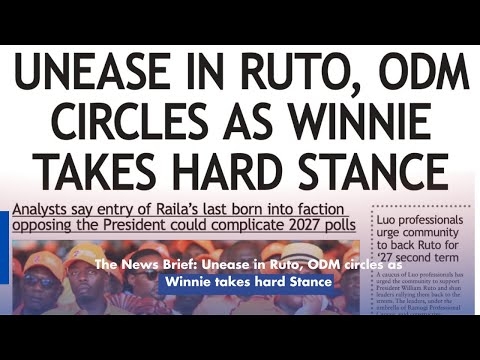The doctrine of separation of powers is fully entrenched in our constitution. Under this doctrine, the three branches of government are each to carry out their constitutional functions without interference from the other branches of government.
These three branches of government, namely, the Legislature, Judiciary and Executive branches are also supposed to operate independently.
We know that they don’t but that’s a subject for another day. For now, let’s concern ourselves with a reemerging, troubling phenomenon involving the branches of government. This is the flagrant, in your face disobeying or ignoring of court orders.
The Judiciary has many powers under the constitution and one of those is its constitutional authority to have the final say as to whether any law is constitutional. That determination can be made at the High Court level, where original and exclusive jurisdiction lies at the Supreme Court, where appeals may be taken to live or die.
Another power the Judiciary has is to make sure that rights guaranteed in the constitution are not denied, violated, infringed, or threatened. Prior to 2010, the Judiciary had neither of these powers other than on paper. The imperial presidency we had before 2010 meant the Judiciary was there to be seen and not to be heard.
This all changed after 2010 when — for the first time since independence — we witnessed the exercise of healthy judicial independence and cleaning of the rot that existed before then.
This peaked in 2017 when the Supreme Court overturned the presidential elections of that year, becoming the first apex court in Africa to do so—and, indeed anywhere in the world.
It has been downhill ever since with an outspoken senior lawyer recently lamenting in the media that he has never seen a more corrupt Judiciary in his 30 years as a lawyer. That’s quite an assertion that even if it was half true, it still speaks volumes as to where the Judiciary is today on matters of corruption.
The existence of corruption in the Judiciary is a separate issue from whether the office has constitutional functions that must be always respected by everyone, including all government officials. That includes the President who, to his credit, has affirmed the altruism time and again since being sworn in.
His predecessor had a junior who ignored court orders so flagrantly, leaving no doubt the big boss was either in approval or gleefully enjoying the drama.
It was not the only drama involving flagrant disobeying of court orders. When police raided Jimi Wanjigi’s residence and violently confiscated firearms and ammunition, Wanjigi sought remedy in the High Court, where the court found the raid to be unlawful.
The court then ordered the DCI to return the confiscated firearms. The orders were promptly ignored and so were others that followed. The court found the DCI in contempt of court and later ordered him to be jailed for four months.
In neither of these cases did the offending state officer suffer any consequences. Both men have since exited government, with one who was ever so powerful full of self now coming to grips with the fact that power is, indeed, temporary.
There were several other cases where court orders were ignored in the past government but those two received the most coverage and attention.
You would think with the new government ignoring court orders is no more. You would be wrong. A Cabinet Secretary was ordered by the court not to slander the media and to refrain from using disrespectful language against them. He did neither.
When the court temporarily stopped implementation of the Finance Act, the Energy and Petroleum Regulatory Authority ignored the order and went on to revise fuel prices following the new law notwithstanding the order.
In the latest iteration of this ongoing test of judicial power, the court found the appointment of Cabinet Administrative Secretaries unconstitutional.
Question is, what will the President now do with this ruling and order?
The respondents who lost can appeal but given the soundness of the ruling, it is unlikely any appeal will succeed so the Ruto would have no choice but obey the order.
















